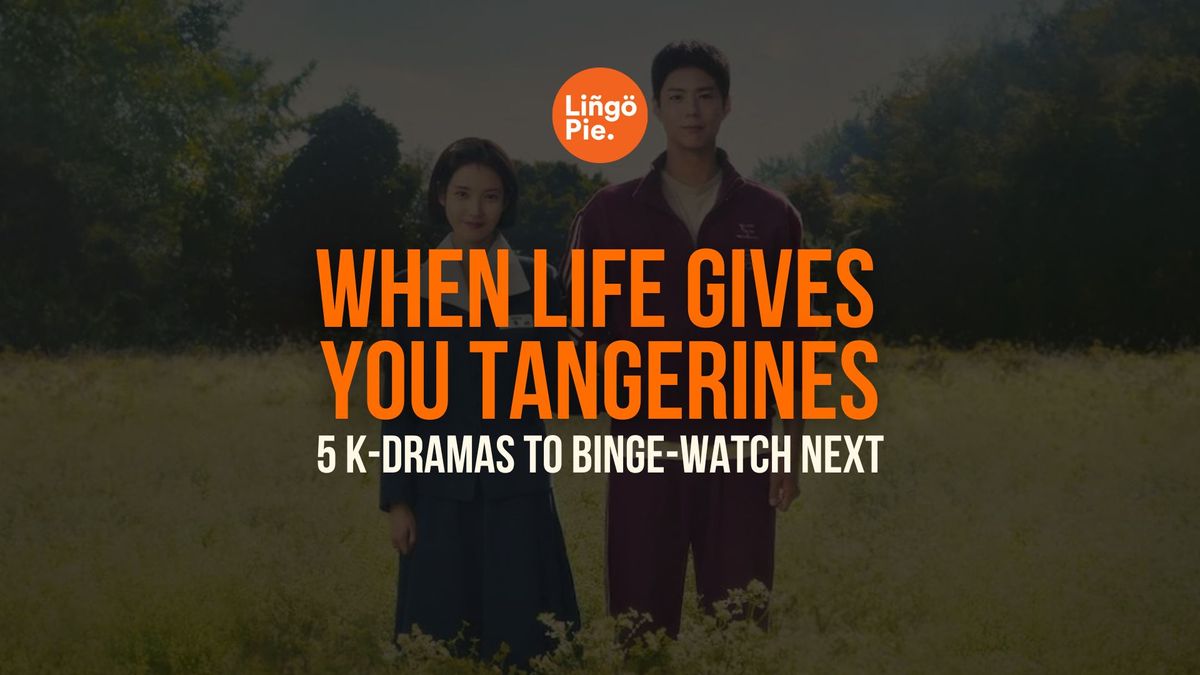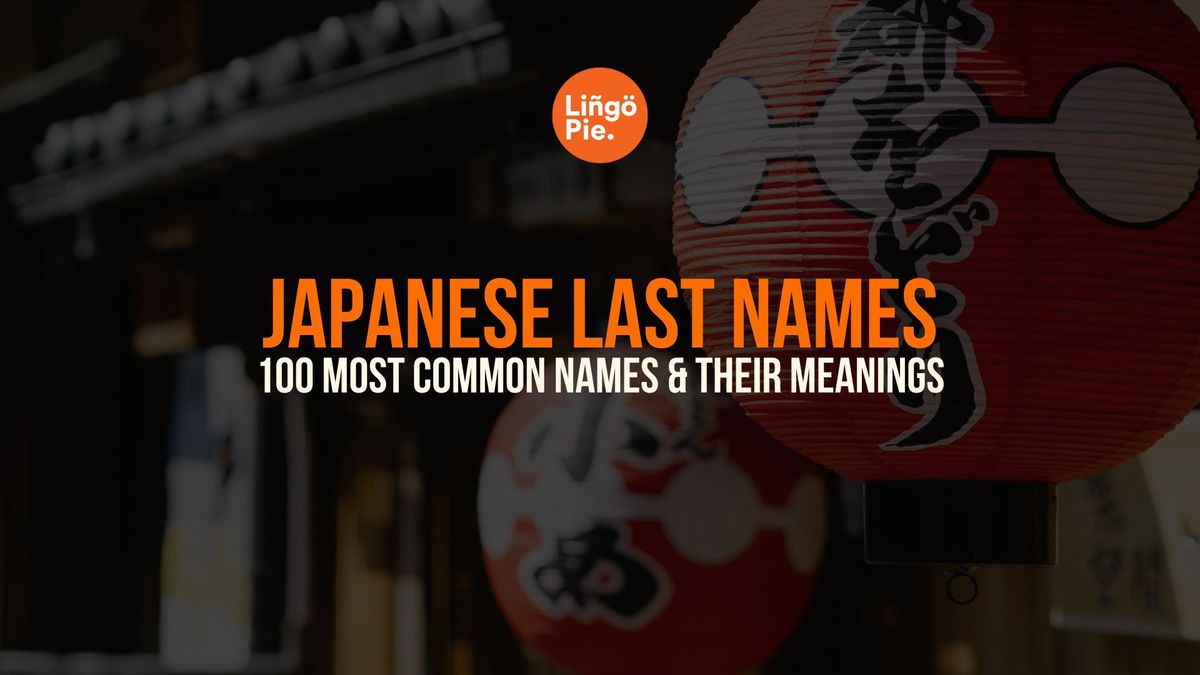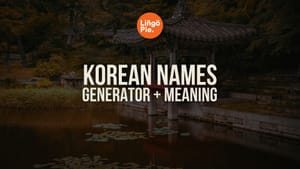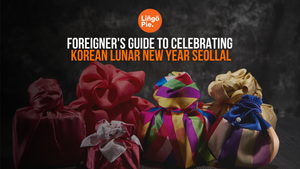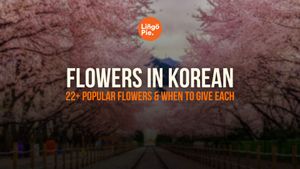We all have that one series we turn to whenever life gets overwhelming. If you've watched When Life Gives You Tangerines, I bet it's become your comfort show that you could happily watch a hundred times over. There's something uniquely healing about this drama that sets it apart from other Korean shows.
But here’s the good news! I rounded up five other K-dramas that hit exactly those same comfort-watch vibes. Whether you're using these shows to level up your Korean skills or just need something to watch while stress-eating snacks in your pajamas (no judgment here!), these recommendations will become your new obsession.
- 6 Romantic Korean Movies To Watch With Your Oppa
- 6 Best Korean Reality Shows On Netflix Worth Losing Sleep Over
- 12 Korean Horror Movies You Need to Watch With A Friend

K-Dramas Like When Life Gives You Tangerines
The truth about learning Korean is that if you’re not having fun, you’re doing it wrong! This is why it’s highly recommended to use learning resources that can actually motivate you and lower your affective filter to learning. And in our case? That's in the form of hooking Korean shows!
In this section, let's get to know the 5 best K-dramas, like When Life Gives You Tangerines, that you can watch now.
Hometown Cha-Cha-Cha

If you loved the small-town charm of "When Life Gives You Tangerines," then "Hometown Cha-Cha-Cha" will feel like returning to a familiar, comforting place. This romantic comedy-drama follows a dentist from Seoul who moves to a seaside village where she meets the town’s handyman—a jack-of-all-trades with a mysterious past.
The series captures the warmth of community living and the healing power of human connections. This drama offers exposure to both standard Seoul dialect and regional expressions for language learners, providing a really good immersion into this Asian language. The slower pace of village life translates to more deliberate conversations, making it easier for beginners to follow along while still enjoying an engaging storyline.
Reply 1988

If you loved the heartwarming family dynamics in "When Life Gives You Tangerines," then "Reply 1988" is about to wreck you emotionally (in the best possible way). Set in a close-knit neighborhood in Seoul during 1988, this nostalgic gem follows five families living on the same street as their kids navigate friendship, first loves, and figuring out what they want in life.
The best part? The dialogue is so natural you'll feel like you're eavesdropping on actual Korean families. From how the moms bicker at the local market to the hilariously awkward conversations between teenagers trying to act cool, it's a great practice resource for everyday Korean conversations. You'll pick up tons of useful phrases people actually use IRL – not just the textbook stuff.
Crash Landing On You

Okay, hear me out – I know "Crash Landing On You" might seem way different from "When Life Gives You Tangerines" at first glance, but trust me, it delivers ALL the same feels. A South Korean heiress accidentally paraglides into North Korea during a storm and lands right into the arms of a gorgeous North Korean army officer? Yes, it's as wild as it sounds, and yes, you'll be obsessed.
This show is perfect for Korean learners because it highlights the differences between North and South Korean dialects. The fish-out-of-water situation creates so many moments where characters have to explain basic things to each other – which means you get natural language explanations built right into the plot.
Our Blues

This show takes place on the gorgeous Jeju Island and follows multiple interconnected stories about the locals living there. And I'm not exaggerating when I say the cinematography will have you booking flights to Jeju before the final episode.
Language-wise, this is a really good resource for anyone wanting to learn authentic Korean. The characters speak the distinctive Jeju dialect, which is so unique that it’s considered a UNESCO-recognized language! You’ll get exposed to regional expressions, fishing terminology, and everyday conversations that feel 100% genuine.
Plus, the storylines in this Korean drama deal with everything from teenage pregnancy to elderly romance, so you're getting vocabulary across ALL age groups and life situations.
Welcome To Samdal-Ri

This drama follows a failed photographer who returns to her hometown on Jeju Island, where she reconnects with her childhood friend (who, surprise surprise, is now ridiculously handsome and successful).
Just like Our Blues, this Korean show will let you hear the Jeju dialect that mixes with standard Korean as locals interact with visitors. The slower pace of island life means conversations aren’t rushed, and you’ll have a better chance to learn Korean slang and basic words related to weather, ordering food, and all those practical convo starters.
5 Practical Ways To Learn Korean With These Dramas
Use dual subtitles
Watch with both Korean and English subtitles turned on (Lingopie makes this super easy). First viewing? Go with English subs to understand the plot. Second time around? Switch to Korean subs to match sounds with written words.
Sentence mining
Pause when you hear a phrase you want to remember. Write it down in a dedicated drama notebook or app like Anki. Focus on collecting whole sentences rather than isolated words – this helps you learn grammar patterns naturally.
Shadow the characters
Found a scene with clear, simple dialogue? Replay it 3-5 times while pausing to repeat exactly what the characters say, matching their intonation and speed. This builds muscle memory for natural pronunciation.
Create scene-specific vocabulary lists
Each drama has its own vocabulary universe. For "Our Blues," collect fishing and market terminology. For "Crash Landing on You," focus on contrasting North/South Korean expressions. Study these themed lists before each episode.
Use the 80/20 rule
Don't try to understand everything! Focus on the 20% of expressions that show up in 80% of conversations (like greetings, basic questions, reactions). These dramas are packed with everyday phrases Koreans actually use – prioritize those.
- 6 Best FREE Korean Learning Websites For Beginners
- A Guide to Korean Verbs for Beginners
- How to Learn the Korean Alphabet: Learn the Hangul With Ease
Supercharge Your Korean with Lingopie
Ready to seriously level up your Korean with these amazing dramas? Lingopie takes everything we’ve discussed and makes it ridiculously easy. Unlike regular streaming platforms, Lingopie lets you tap any word you don’t understand for instant translations, save phrases for later review, and toggle between Korean and English subtitles with a single click.
The best part? You don't need to switch between your drama and a dictionary app constantly. Everything happens in one place, letting you stay completely immersed in the stories you love while naturally absorbing the language. Curious? Give it a try now by signing up for a FREE 7-day trial!
FAQ
What Is "When Life Gives You Tangerines" summary?
The show follows Ae-sun and Gwan-sik's love story across 60+ years on Jeju Island. They meet as teenagers in the 1950s and navigate life's ups and downs together—from family drama and societal changes to tangerine harvests and personal dreams. It's basically about how ordinary people find happiness despite life's challenges, all set against the beautiful backdrop of Jeju's tangerine orchards and sea views.
Is "When Life Gives You Tangerines" finished?
The show wrapped up on March 28, 2025 after 16 episodes. The ending tied up the main characters' stories in a way that was both tearjerking and heartwarming—exactly what fans were hoping for after getting so invested in these characters' decades-long journey.
What Is the meaning of "When life gives you tangerine"?
It's a clever twist on "when life gives you lemons, make lemonade." Since the show is set on Jeju Island (famous for its tangerines), it's about finding sweetness in life's tough situations. The characters face hardships but transform them into something meaningful—just like turning tangerines into something delicious. It perfectly captures the show's whole vibe about resilience and finding joy in everyday moments.
Is When Life Gives You Tangerines based on a true story?
It's not based on one specific true story, but it weaves in real elements from Jeju Island's history and culture. Gwan-sik's character was inspired by stories of actual Jeju residents known for their kindness and loyalty. The show also accurately portrays Jeju's famous female divers (haenyeo) and how tangerine farming shaped the island's economy. So, while the main love story is fiction, the world around it feels authentic because it's rooted in real Jeju traditions.


